As noted in our post below, we had a last minute change in our presenter for November, with Dr. Laurie Goodrich filling in for Phil Brown. Dr. Laurie Goodrich is the Director of Conservation Science at famed Hawk Mountain Sanctuary in Pennsylvania. In 1984, Dr. Goodrich was the first full-time research biologist hired at Hawk Mountain, and she’s been there ever since, involved with every aspect of the work that goes on there. Her program was presented on November 14, 2023:
A Last Minute Program Change!
Phil Brown was scheduled to present a Zoom program tonight on Nest Monitoring, Tagging and Migration of Broad-winged Hawks, but he has been called away to Belize to fill in as a trip leader.
We’re delighted to share that he lined up a wonderful replacement: Dr. Laurie Goodrich, the Director of Conservation Science at famed Hawk Mountain Sanctuary in Pennsylvania. In 1984, Dr. Goodrich was the first full-time research biologist hired at Hawk Mountain, and she’s been there ever since, involved with every aspect of the work that goes on there. The title of her talk will be: Conserving Broad-winged Hawks from Canada to Colombia.
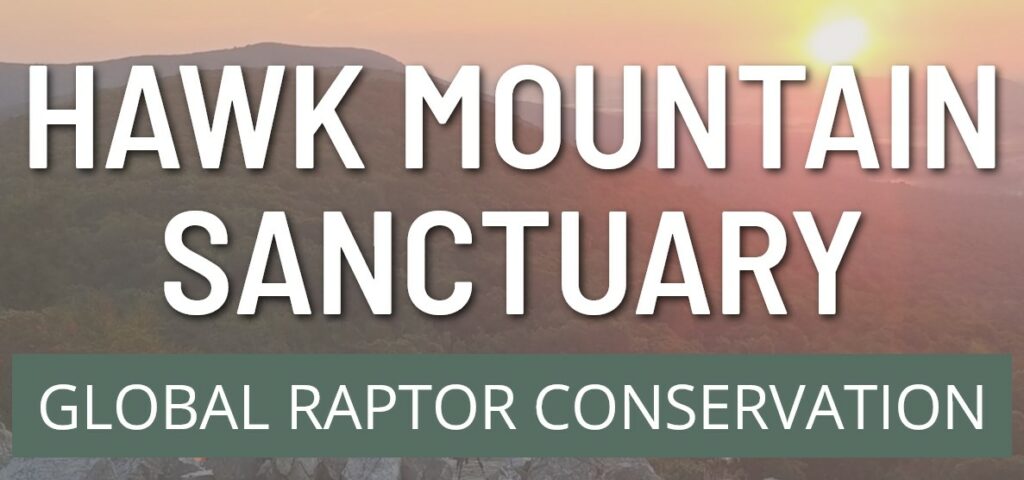
A Video of our October Program – How the Personalities of Small Mammals Shape the Growth of Forests
This program was presented on October 24, 2023 in-person at the Wells Reserve at Laudholm and via Zoom. To watch it, please click on the image below to watch it on this page, or you can click on “Watch on Youtube” at the bottom of that image. (We also recommend clicking on the little white square in the bottom right corner of that viewing screen to convert the image to “full screen”). For a description of the program, you can scroll down to the original post for the program.
Note that the mammals program is preceded by a short description by Christine Durocher of her week this summer at Educator’s Week on Hog Island. Christine was this year’s winner of our annual June Ficker Hog Island Educator’s Week scholarship. The mammals program starts at about the 8 minute mark.
Nest Monitoring, Tagging and Migration of Broad-winged Hawks – with Phil Brown – Tuesday, November 14th – via Zoom only
Fall Migration is considered to be one of the birding wonders of the world. Well known birder Phil Brown is the Bird Conservation Director of the The Harris Center for Conservation Education in Hancock, NH. Under his guidance, Harris Center biologists collect hawk migration data as part of an international effort to monitor raptor population trends. The center has been partnering with Hawk Mountain Sanctuary in Pennsylvania to better understand Broad-winged Hawk ecology. Phil will explain what has been learned to date about the migration of Broad-winged hawks breeding in New England that travel to their wintering grounds in South America and back.
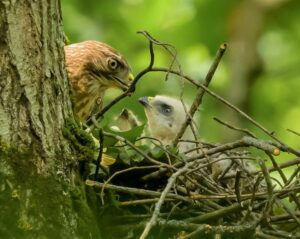
photo by Chuck Carlson
The Broad-winged Hawk, despite its familiarity in the Northeast as a common raptor during the breeding season and in fall migration, is a poorly understood species throughout much of its life cycle. During the breeding seasons of 2021 through 2023, Harris Center staff and volunteers spent hundreds of hours finding and monitoring Broad-winged Hawk nests through a collaboration with Hawk Mountain Sanctuary, which conducted subsequent trapping and tagging of several adult hawks. Five adult Broad-winged Hawks were successfully trapped and outfitted with cellular or satellite transmitters and now provide a sample representation of migratory routes, wintering sites, and breeding territories of individuals within the New England breeding population. The findings yield critical information about habitat selection and demonstrate differences in migration timing and wintering ecology from other populations of this species in eastern North America. Through the use of transmitters and the nest monitoring component, conservation biologists have learned critical information necessary to better conserve this emblematic woodland raptor.
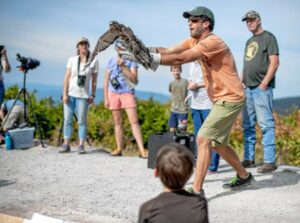
On Tuesday, November 14th, at 7 p.m., York County Audubon is pleased to host Phil Brown, Bird Conservation Director & Land Specialist at the Harris Center for Conservation Education in Hancock, NH. Phil spent his childhood in Staten Island, NY, where he was fascinated with the natural world. After studying at Rutgers, he took to the wilder woodlands of New Hampshire, realizing a lifelong dream, and ultimately becoming NH Audubon’s Director of Land Management, and then joining the Harris Center.
At the Harris Center, he leads conservation research projects focused on a variety of birds. These projects currently include Broad-winged Hawk research, an American Kestrel nest box project, Saw-whet Owl banding station, the Pack Monadnock Raptor Observatory, and a Common Nighthawk migration watch. Phil is also a frequent field trip and nature tour leader in NH and beyond, where he guides for several companies and organizations. He lives in Hancock, NH, with his wife, Julie, and two children.
This program will be presented via Zoom only. To view it, you’ll need to register in advance. To do so, please click on this link and enter your name and email address:
https://us02web.zoom.us/webinar/register/WN_jS89IsQvS1WpuTg4IbZ1sA
After registering, you will receive a confirmation email containing information about joining the meeting.
We hope you can join us via Zoom!
The Harlequin – Autumn 2023
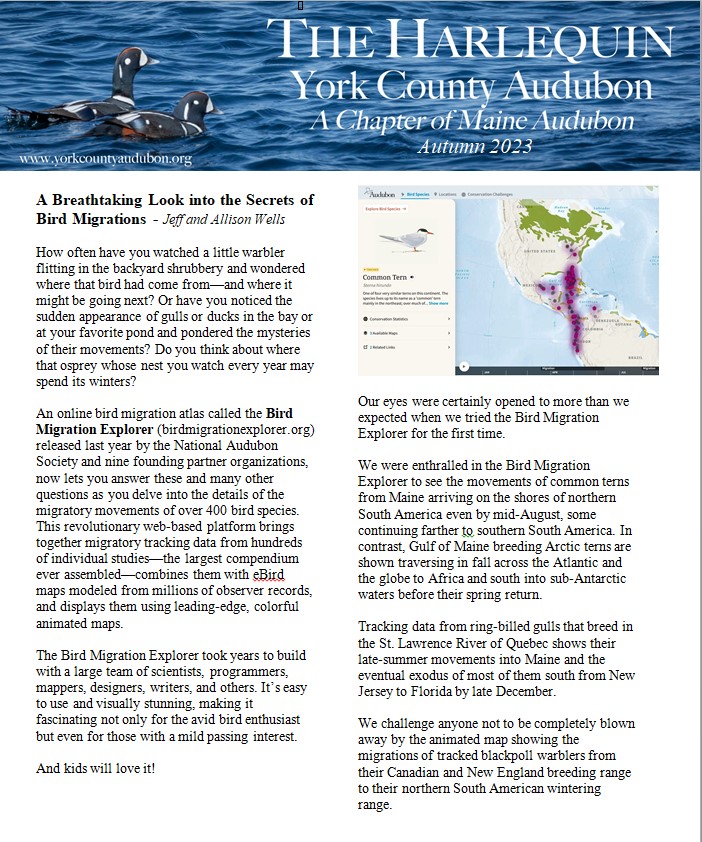
Please click on the link below to view the Autumn 2023 issue of our Harlequin newsletter:
https://www.yorkcountyaudubon.org/wp-content/uploads/2023/10/Harlequin-Autumn-2023.pdf
The 2024 Maine Birds Desk Calendar is on its way!
For many years, our former Board member, Marie Jordan, an avid birder and photographer, has produced a calendar and offered it for sale, graciously donating the calendars to YCA to support our educational programs. As many of our programs are now presented via Zoom, so we’re making the calendars available by mail.


It’s a desk calendar in a 4” by 6” plastic case that opens into a stand to display each month. Each page features a great photo she took this year of a Maine bird. The cost is $10 plus mailing costs. They’re wonderful anywhere in the house, and also make great gifts! And York County Audubon tremendously appreciates your support for our programs.
To place an order, please make out a check payable to York County Audubon, write Calendar in the memo line, and mail it to Marie Jordan, 32 Crestview Drive, South Portland, ME 04106. Be sure to include the address or addresses that the calendar(s) should be sent to. If you have any questions, please feel free to contact Marie at wooddk5555@gmail.com.
Note that the calendars will be available November 1st.
The costs including postage and handling are:
1 calendar – $10 plus $5.00 postage and handling
2 calendars (mailed to one address) – $20 plus $5.75 postage and handling
3 calendars (mailed to one address) – $30 plus $10.50 postage and handling
4 calendars (mailed to one address) – $35 plus $10.50 postage and handling
(Note: these rates reflect the latest USPS increases.)
Thank you!
2023 Bird Seed Sale – Our 25th Annual – Early Bird Pricing Deadline is October 27th
Keep your feathered friends happy this winter by treating them to tasty and fresh premium-quality bird food and help support two of your favorite environmental organizations. Proceeds from our annual sale support programs of both York County Audubon and the Wells National Estuarine Research Reserve. A wide variety of types of seed and suet is available, with great pricing, especially if you order early.
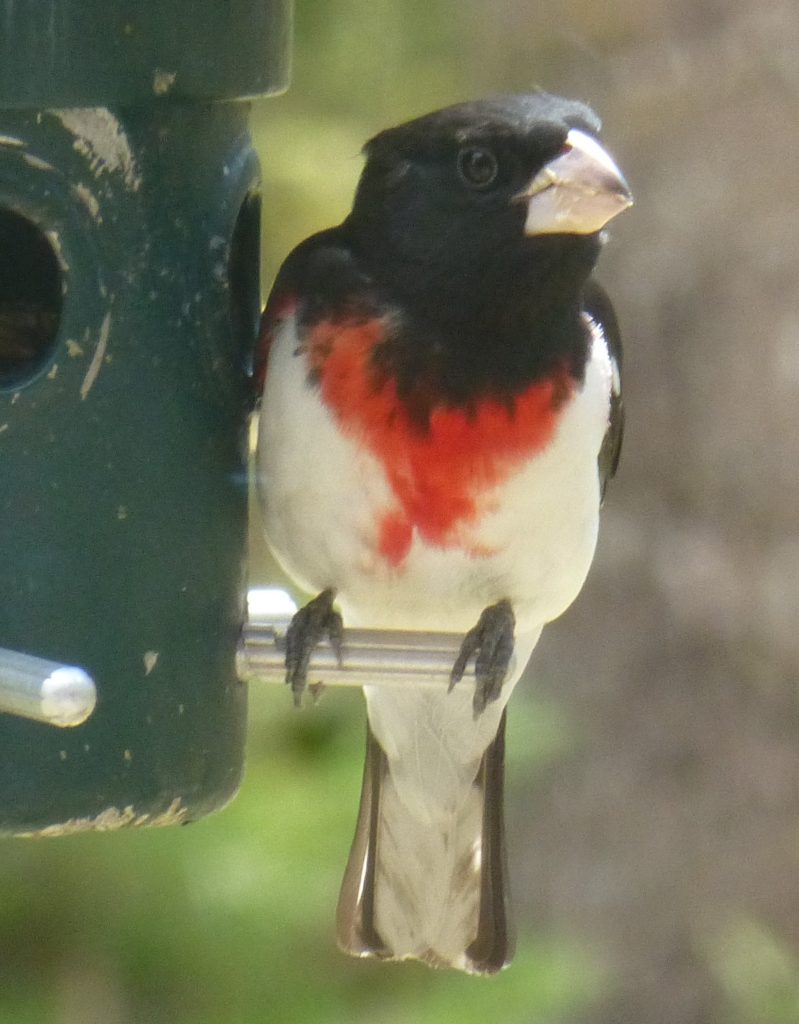
Additional items this year include feeders, mealworm suet and Feather Friendly window markers to keep your birds safe. Early bird pricing is available if you place your order by 4 p.m. on October 27th. Order pick-up will be at the Wells Reserve on November 3rd and 4th with easy access and volunteers on hand to help load your car.
Please click on this link to view and print the order form:
https://www.yorkcountyaudubon.org/wp-content/uploads/2023/10/Bird-Seed-Sale-2023_order-form.pdf
How the Personalities of Small Mammals Shape the Growth of Forests – with Maisie Merz and Ivy Yen – Tuesday, October 24th – In-person and via Zoom
An entertaining exploration of the role that small mammals play in forest regeneration and the movement of trees in Maine. We all know our cats and dogs have personalities, but have you ever wondered about the squirrels in your backyard? How would you even go about evaluating personality traits in squirrels, mice, or voles and why would you bother?
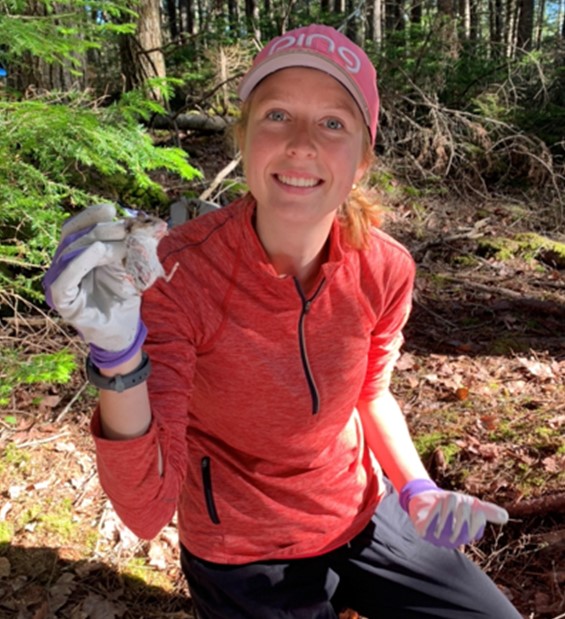
These small mammals play an important but often unseen role in forest regeneration and the movement of trees, dispersing the seeds of the towering forests here in Maine. While this role is known at the species level, unique individuals display varying personalities, with some consistently acting more boldly than others or consistently showing higher activity levels. Personality in the mice and voles of our forests has consequences for where small mammals are living, how they are foraging, and what they are doing with the seeds they find. Small mammals with contrasting personality traits are contributing to ecosystem services such as seed dispersal in different ways. Their behavior is influencing forest regeneration.
Land-use change, such as forest management or urbanization, and climate change are also at work altering the composition of forests and the distribution of personality traits within populations. We explore the intersection of these factors and investigate how the personalities of small mammals shape the growth of forests and how this may be shifting under changing land-use and climate change conditions. All this in turn affects the habitat and impacts birds and all other life in the forest.
On Tuesday, Octoberber 24th, at 7 p.m., York County Audubon is pleased to host Maisie Merz and Ivy Yen, second year PhD students at the University of Maine. Under the guidance of Dr. Alessio Mortelliti, they study the consequences of small mammal personality on several ecological processes that shape the forest landscape. Their presentation includes slides and night video that is entertaining, educational, and surprising! It will be interesting and fun to learn about mammals we rarely see much less understand.
This program will be presented in-person in the Mather Auditorium of the Wells Reserve at Laudholm, and will also be viewable via Zoom. To view via Zoom, you’ll need to register in advance. To do so, please click on this link and enter your name and email address:
https://us02web.zoom.us/webinar/register/WN_mof6PHp4T9qOga4vu1jY9g
After registering, you will receive a confirmation email containing information about joining the meeting.
We hope you can join us in-person, or, if not, via Zoom!
A Video of our September program: The Birds of Guatemala
This program was presented on September 19, 2023 in-person at the Wells Reserve at Laudholm and via Zoom. To watch it, please click on the image below to watch it on this page, or you can click on “Watch on Youtube” at the bottom of that image. (We also recommend clicking on the little white square in the bottom right corner of that viewing screen to convert the image to “full screen”). For a description of the program, you can scroll down to the original post for the program.
Intro to Foraging – with Dan Gardoqui – Saturday afternoon, September 23rd
Are you curious about wild foods and foraging during this season of abundance? Does uncertainty and concern stop you from sampling healthy, wild foods? Join us at the Wells Reserve with forager and expert naturalist Dan Gardoqui of Lead with Nature. We’ll stroll the fields, forests and shorelines, all the while connecting with the wild plants, trees, fungi and more with all of our senses. Participants should be prepared to walk a few miles, dress for the weather, and bring along a water bottle. Please note that foraging is NOT permitted at the Wells Reserve outside of this program. We encourage you to find legal places to forage near your home.

Dan Gardoqui has been studying naturalist skills, wildlife tracking, bird language, and mentoring for over 30 years. Dan has a M.S. in Natural Resources, is a Certified Wildlife Tracker, Registered Maine Guide, and served as Science Faculty at Granite State College. Dan co-founded and led the nature connection nonprofit, White Pine Programs for 20 years. He currently runs Lead with Nature, where he helps leaders find success and meaning through nature-based consulting services & adventures.
York County Audubon is co-hosting this program with and at The Wells Reserve. It will run from 1 pm to 4 pm. Advance registration is required, and the cost is $25 for members (of either YCA/Maine Audubon or the Wells Reserve), or $30 for non-members. To register, please email suzanne@wellsnerr.org or call Suzanne at (207) 646-1555 x116. Please note: Program fee does not include site admission fee.
